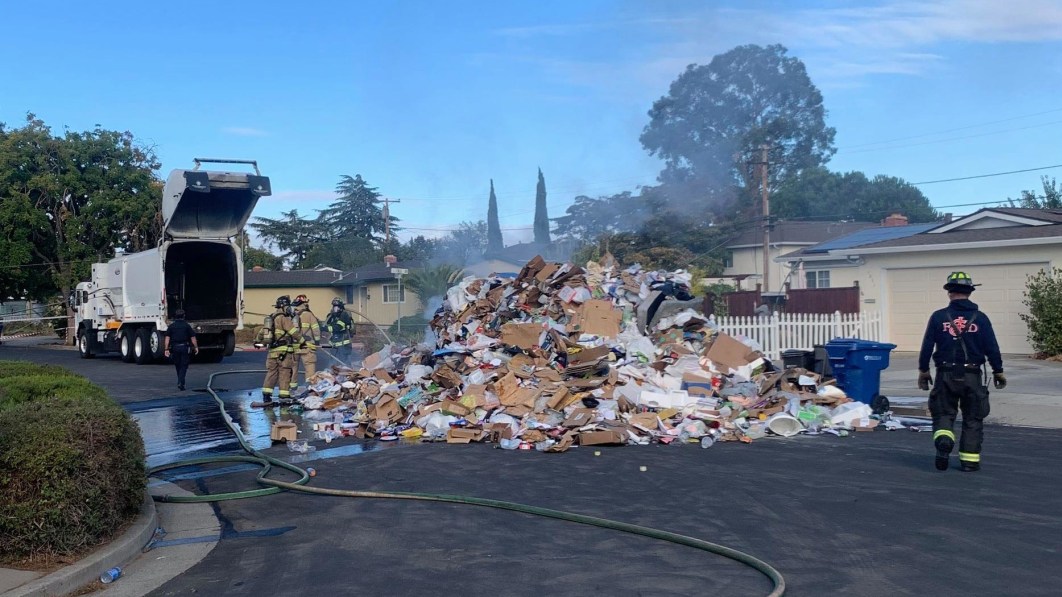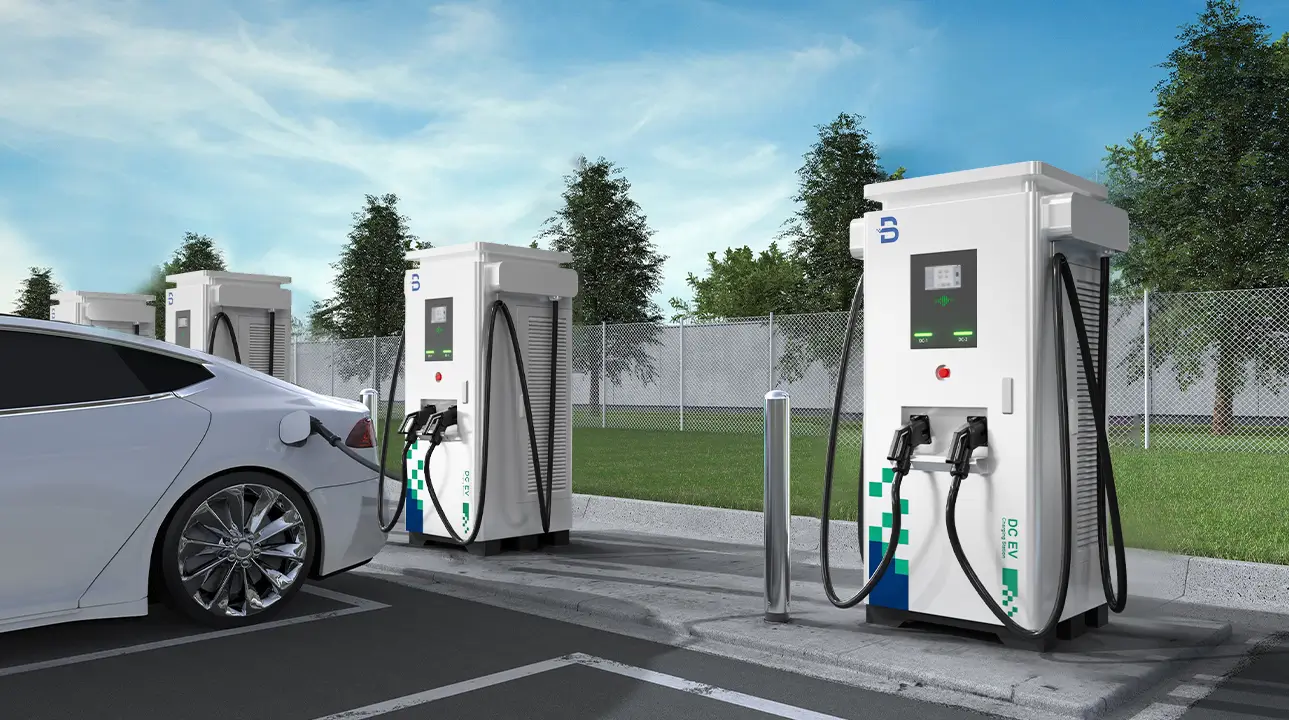
In case you needed it, here’s a real-world example of why you should heed the disposal and recycling warnings found on consumer products. A California electronics company has been fined $25,000 for illegally disposing of lithium ion batteries. The batteries, like the ones found in many rechargeable electronics devices — and yes, electric cars — caught fire when they were crushed in the compactors of the garbage trucks carrying them.
According to The Mercury News, the company, iDiskk, LLC of Campbell, California, simply threw the lithium ion batteries in a dumpster with regular garbage. In three separate incidents, when the dumpsters were picked up by garbage trucks and compacted on board, they ruptured and caught fire.
In one incident, which took place on October 13, 2021, the garbage truck was forced to eject their entire load in the middle of a residential street to prevent the vehicle from catching fire. According to the Santa Clara County District Attorney’s Office, in the process of jettisoning the smoldering trash, the truck’s lift arm also felled power lines, which required repair.
Lithium-ion batteries can explode when the separators between the negatively charged anode and positively charged cathode break down, causing a short circuit. These short circuits can result in a runaway thermal reaction. It’s the same phenomenon that caused fires in the post-Hurricane Ian flooded Teslas, as well as the recalled HP laptops in 2019 and recalled Samsung Note 7 phones in 2016. In an effort to make the batteries more compact, those separators have gotten incredibly thin, less than 20 microns in many cases. It’s easy to see why it wouldn’t withstand the 2,750 psi compactor in a standard garbage truck.
The other two fires from iDiskk’s improper battery disposal occurred on September 22 and October 6 of 2021. The DA’s office says that the company cooperated with their investigation, took steps to improve compliance, paid the civil penalties, and “agreed to be bound by a permanent injunction never to improperly dispose of hazardous waste again.”
Related Video






More Stories
Purple Heart Car Donation Tax Deduction
Who Should Consider A Fat Tire Electric Bike?
G70 740i Test Drive Impressions Review (From a G12 M760 Owner)